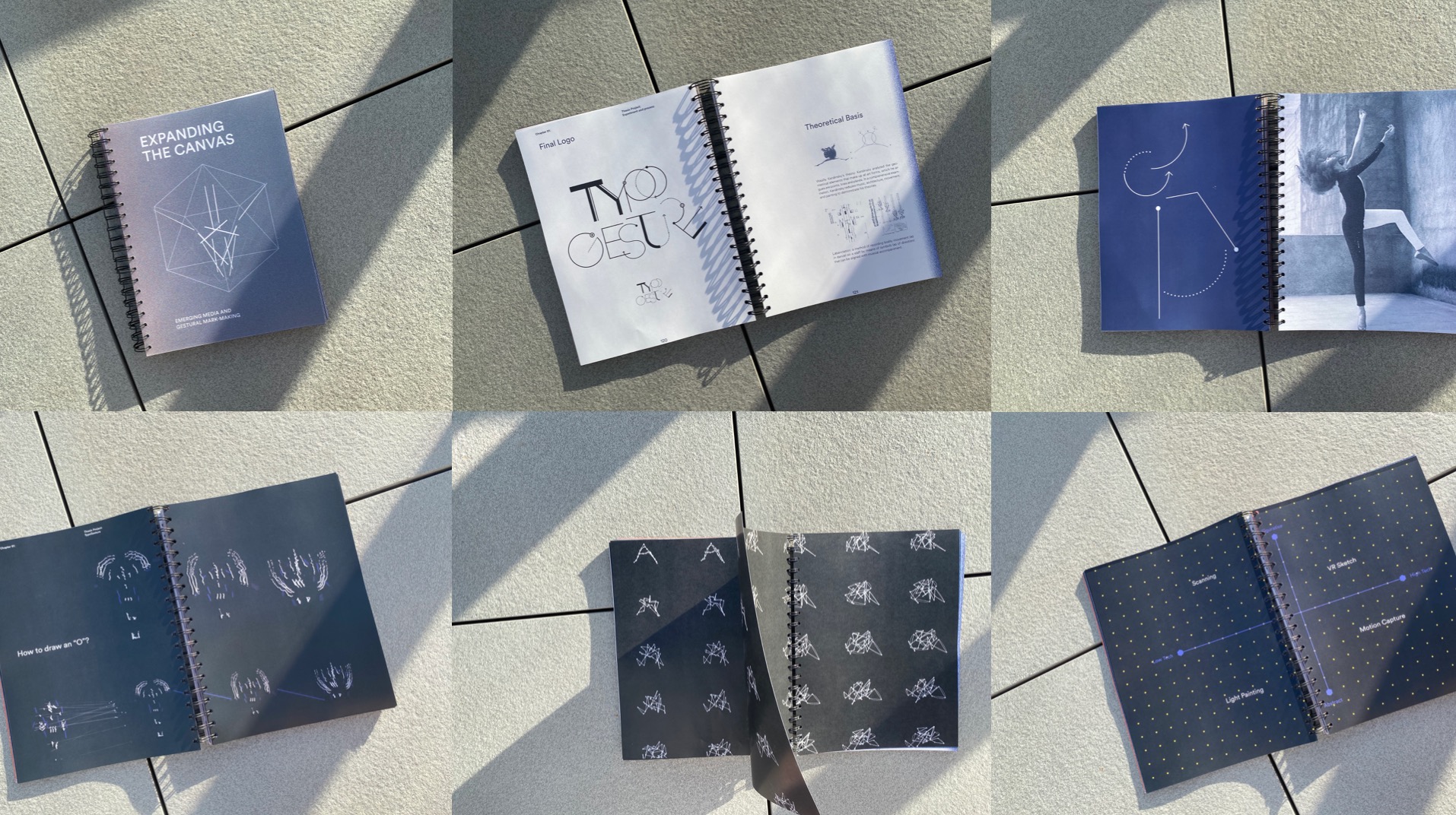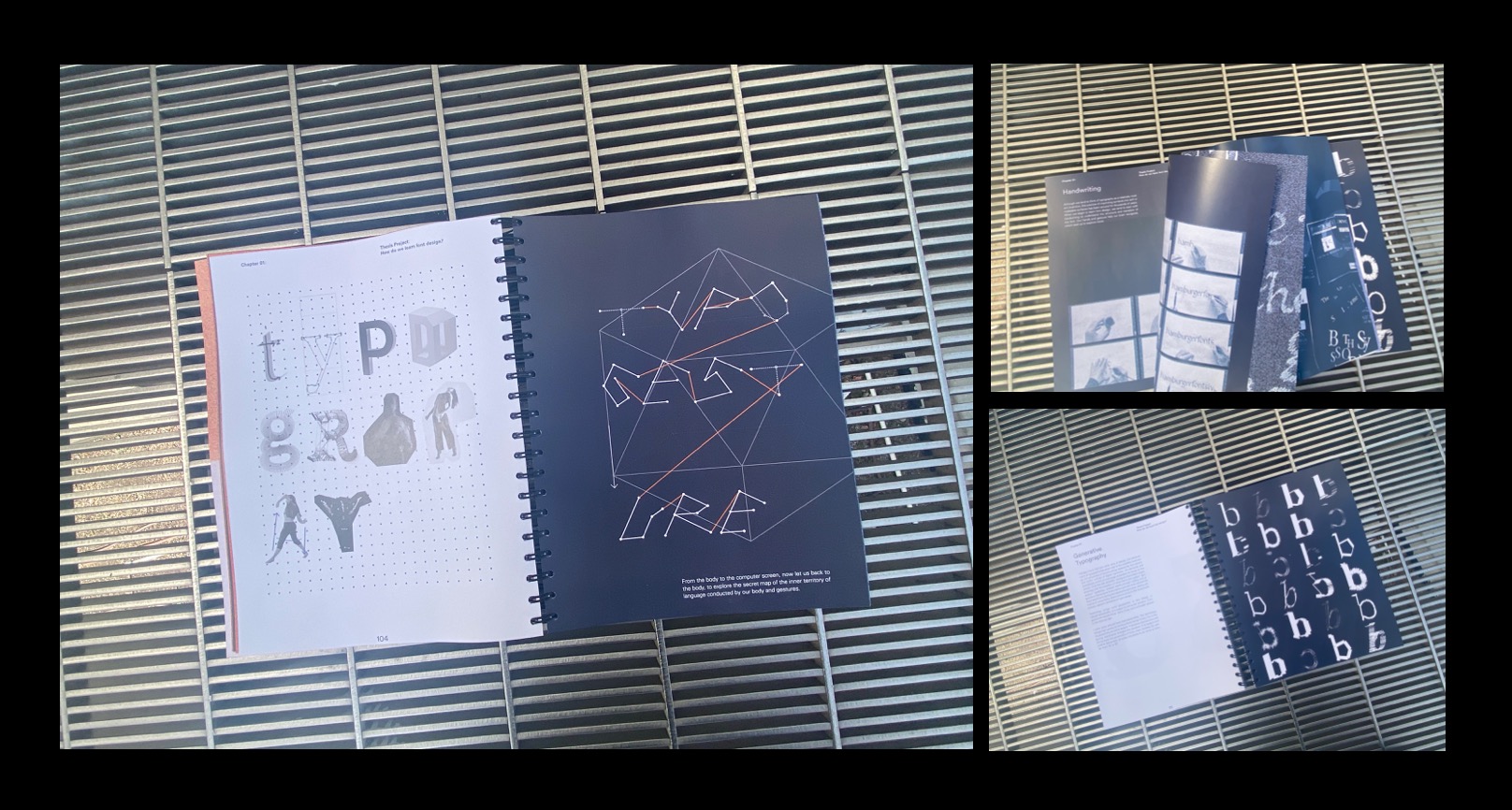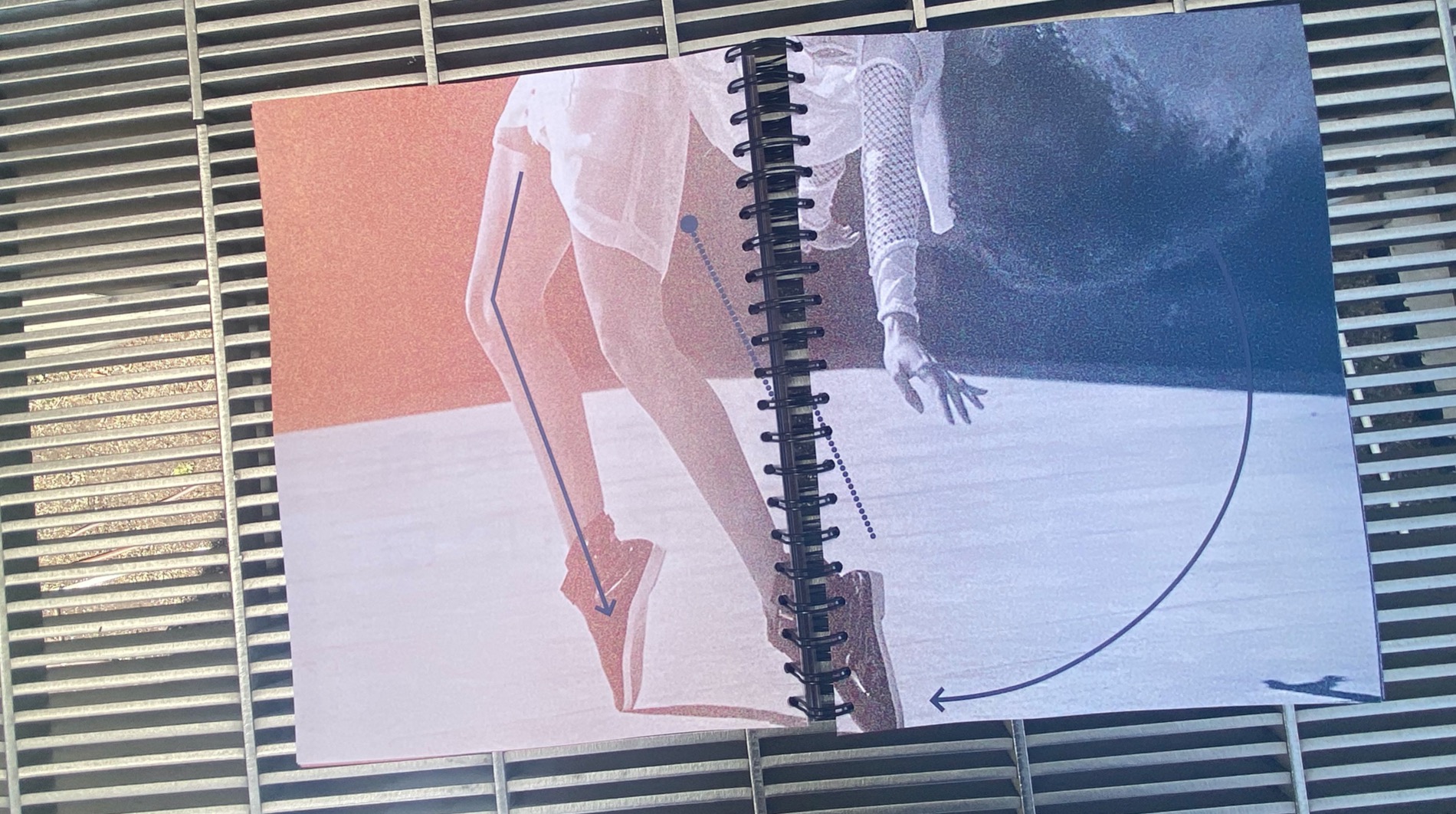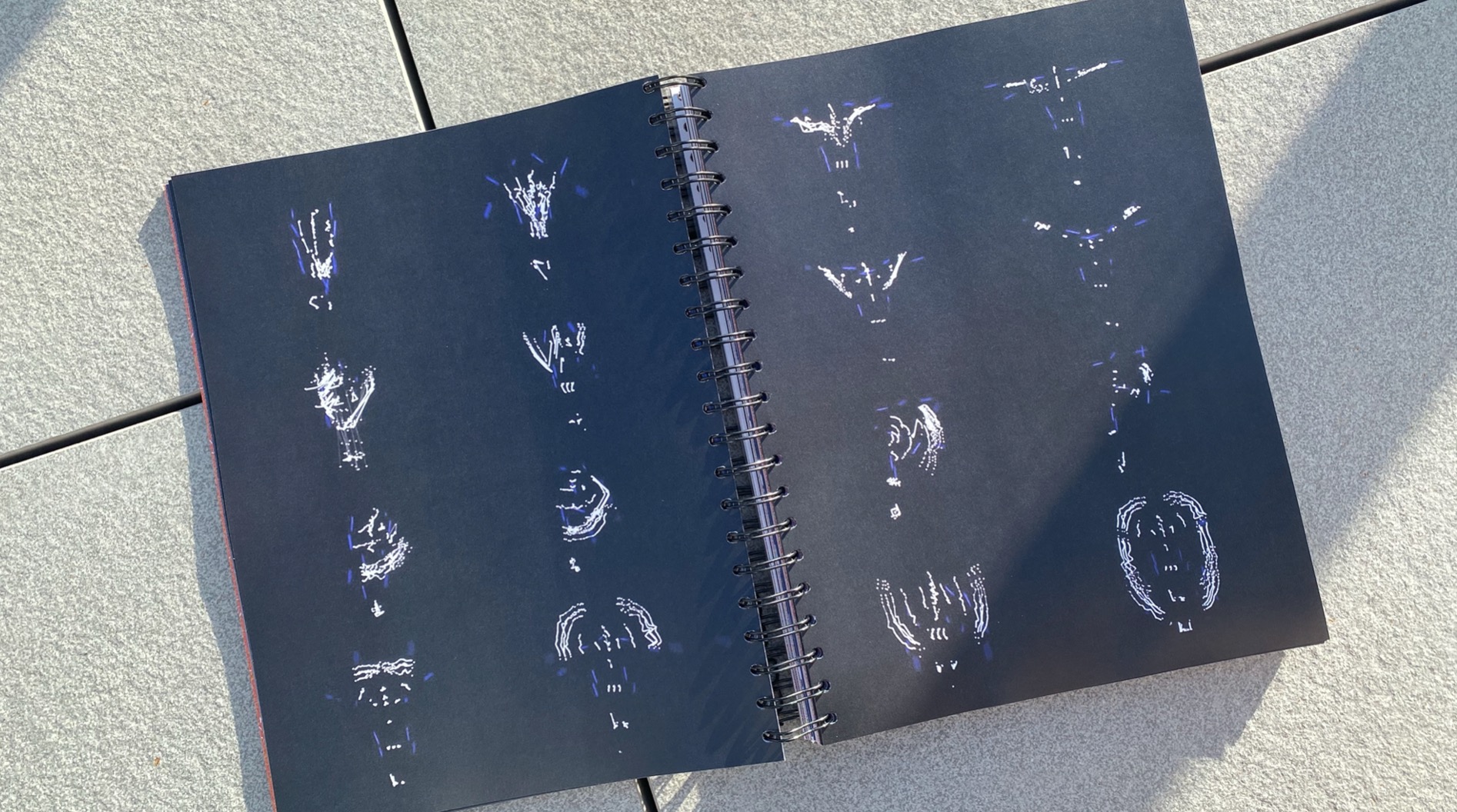
EXPANDING THE CANVAS
BODY AS MEDIUM
GESTURE AS LANGUAGE
GESTURE AS LANGUAGE
Transmedia, Editorial Design, Experimental Design, Motion Capture
Special Thanks to Instructors: Brad Bartlett, Roy Tatum
Special Thanks to Friends: Yijie Chen, Yingqi Hu
From mobile computing to spatial computing, we as designers are presented with a new spectrum of possibilities using the physical environment as a medium.
Blended with technology, the movement of our bodies in space provides an expanded canvas to explore gestural mark-making and four-dimensional typography.
Creation:
Gestural typography in physical environment
Gestural typography in physical environment
What would happen if we had a bigger “canvas” than our computers or paper that would allow us to extend our whole body?

Scanning
I begin by scanning, those letterforms visualize the movements of our hands.
I begin by scanning, those letterforms visualize the movements of our hands.


From 2D to 3D and 4D, what are the basic things that need to be considered when I explored gestural typography?
How to create the grid?
How to document the body movements?
How to document the body movements?
Grid
The first reference is “Slat Dance” by Oskar Schlemmer. The main feature is a specific costume that connects poles to the body of the dancer in order to limit his movements, but also to underline the direction of the movements in space. The costume turns the body of the dancer into an abstract figure, capable of describing space through geometry and movement.
The first reference is “Slat Dance” by Oskar Schlemmer. The main feature is a specific costume that connects poles to the body of the dancer in order to limit his movements, but also to underline the direction of the movements in space. The costume turns the body of the dancer into an abstract figure, capable of describing space through geometry and movement.

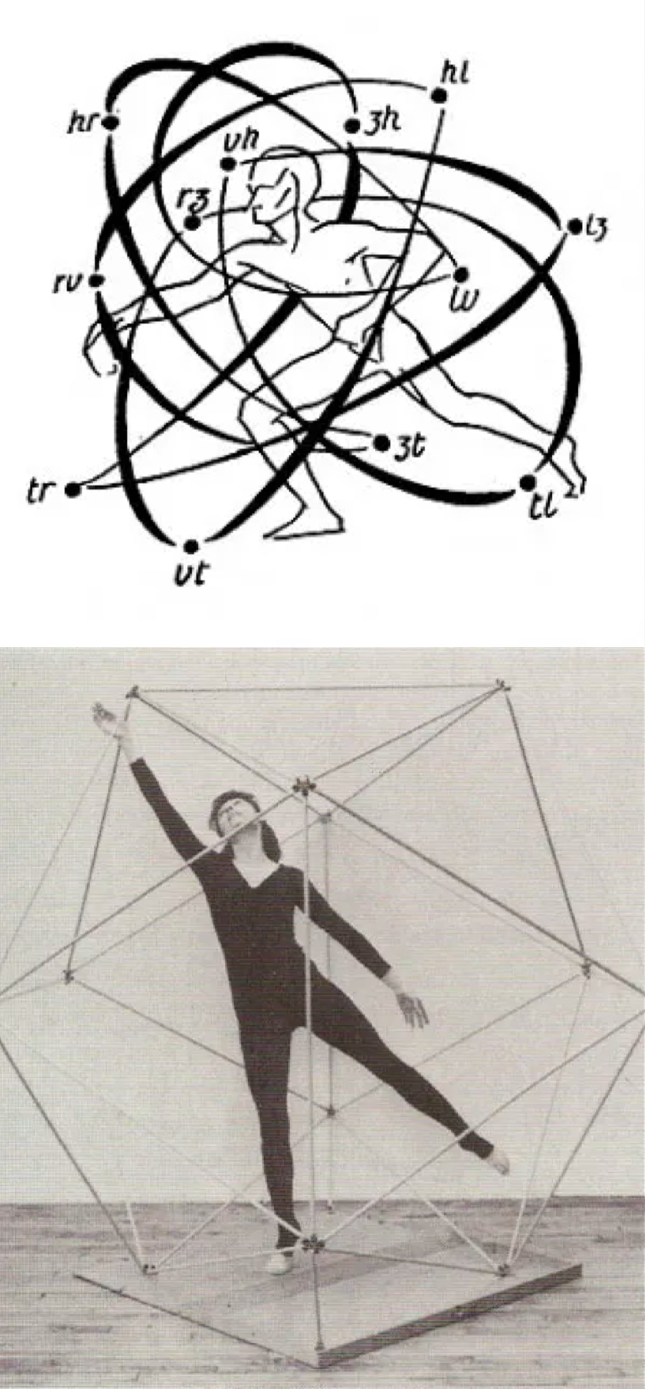
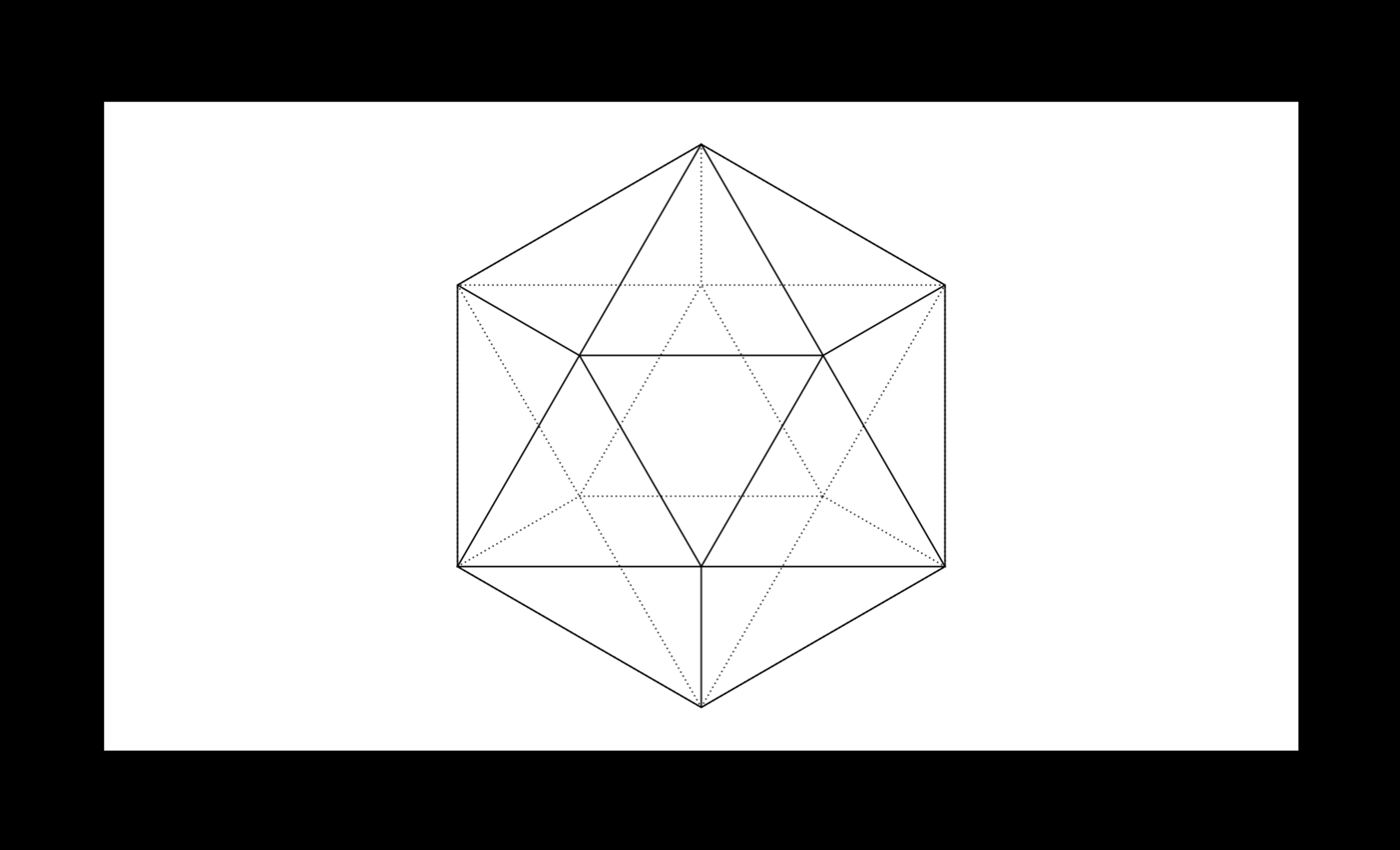
Documentation
Labanotation: sheet music of dance
Through a system of notation, Laban has given each body part a specific symbol, differentiating right and left sides of the body.

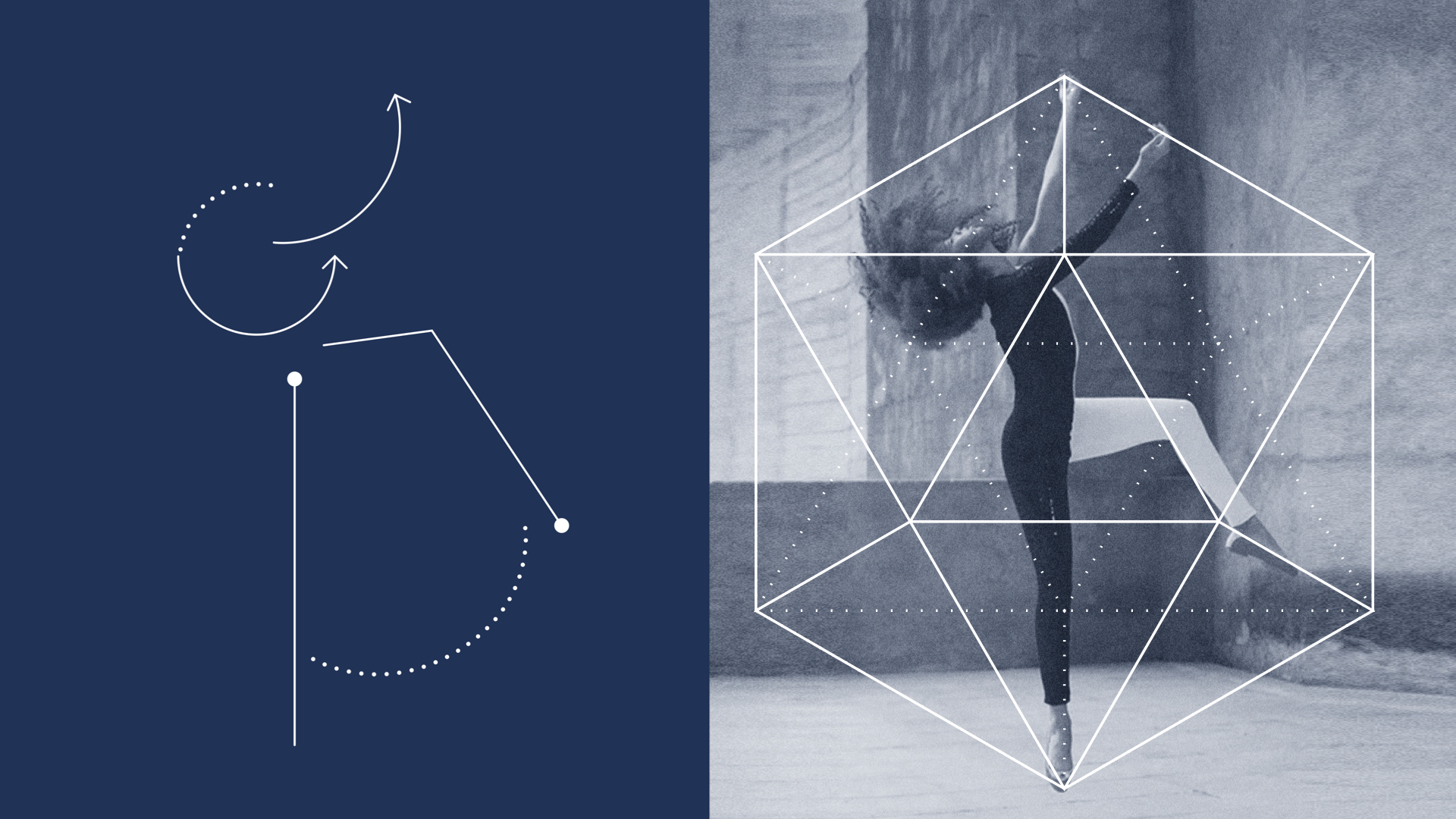
Based on that, I started to explore more about gestural typography.
Light Painting
I then continue to use time-lapse photography and light painting.



VR Sketch
I proceed to VR sketching and Google tilt brush, creating those organic shapes in our physical environment with bodies.


Furthermore, I used sticks to constrain my movements to draw letterforms. The blue and white marks show the movements with my visual language.

Motion Capture
In the first step, I used Kinect to capture the human joints and record its movements over time.
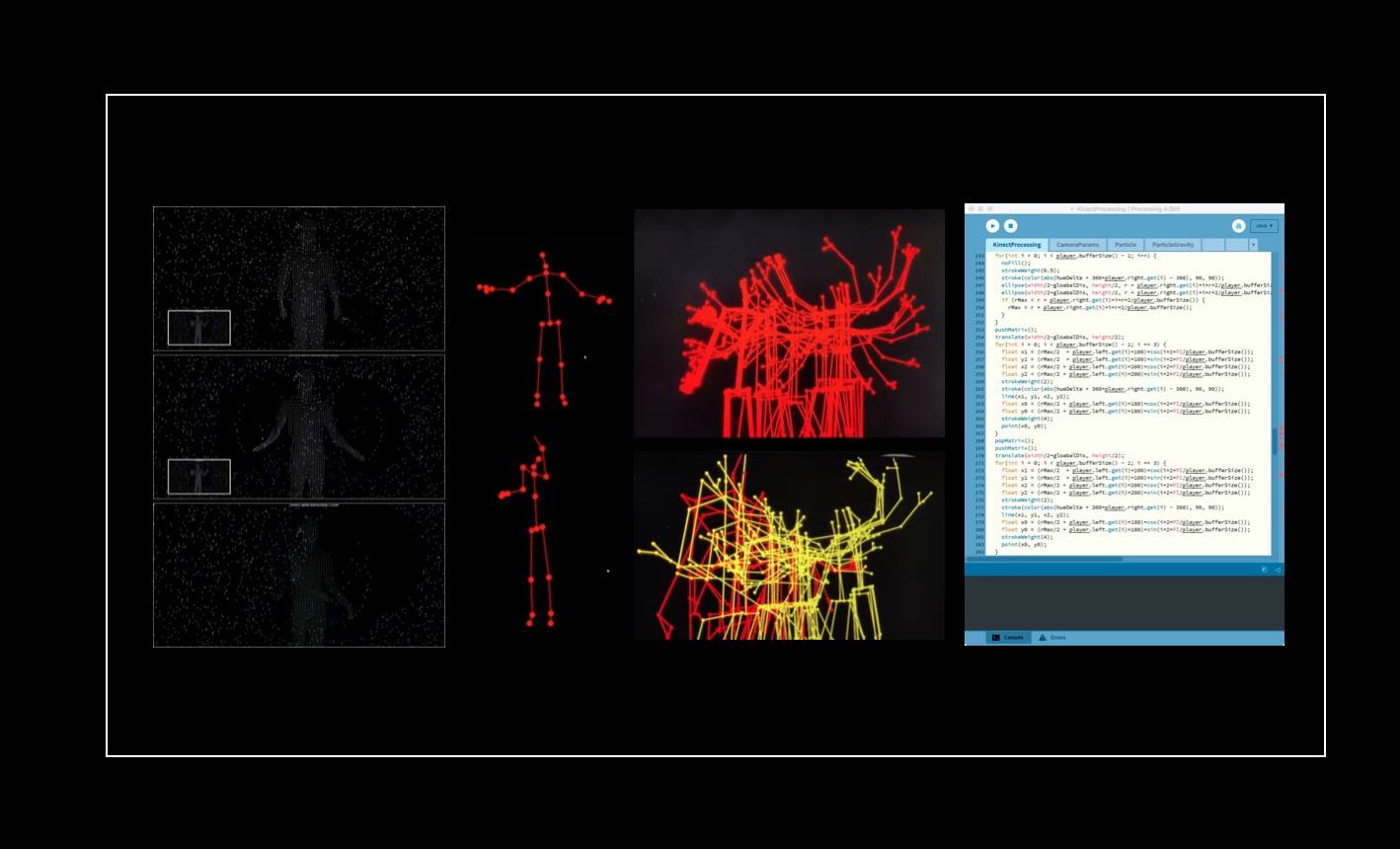
In the next step, I push it forward and add some trail effect to show the element “time”
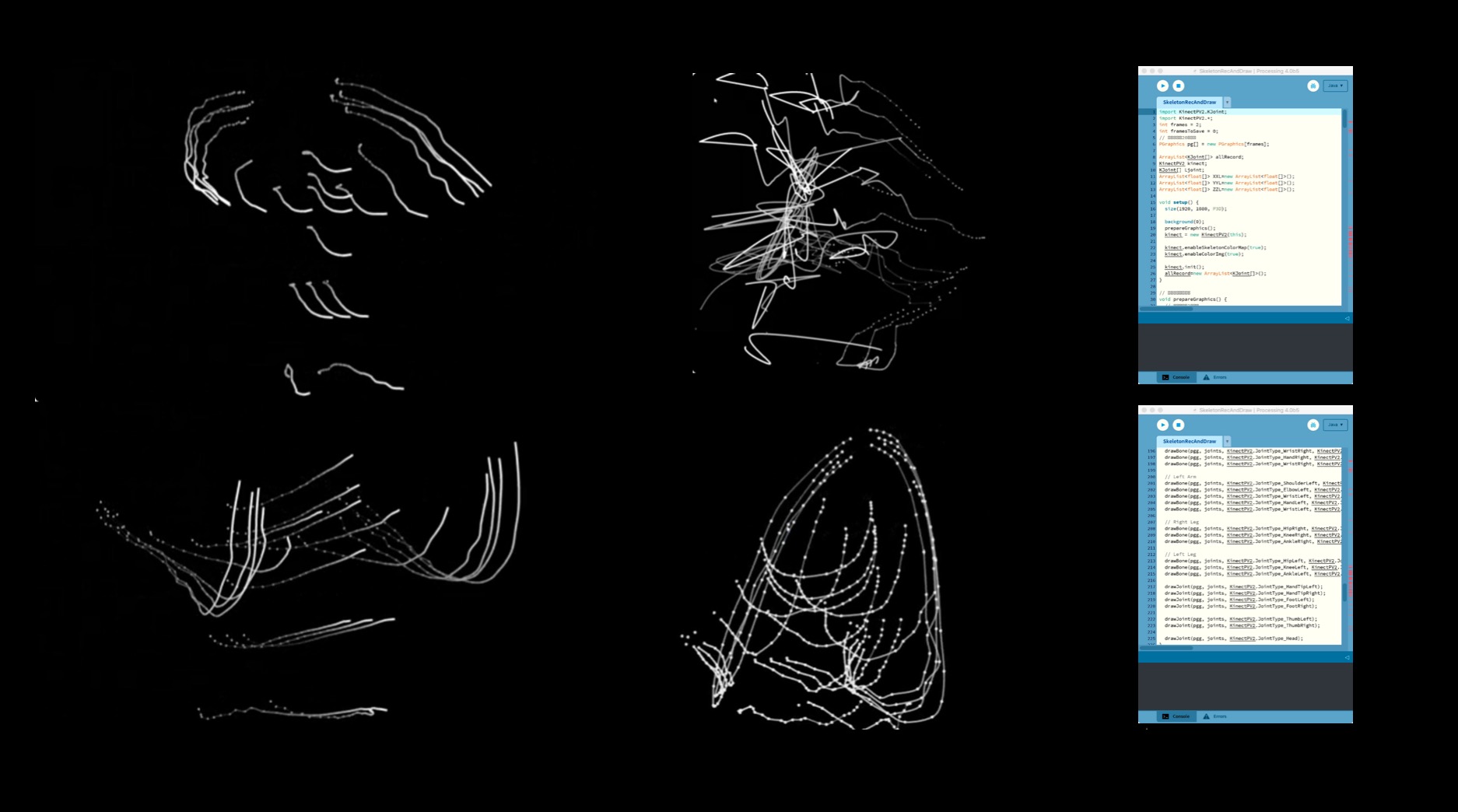
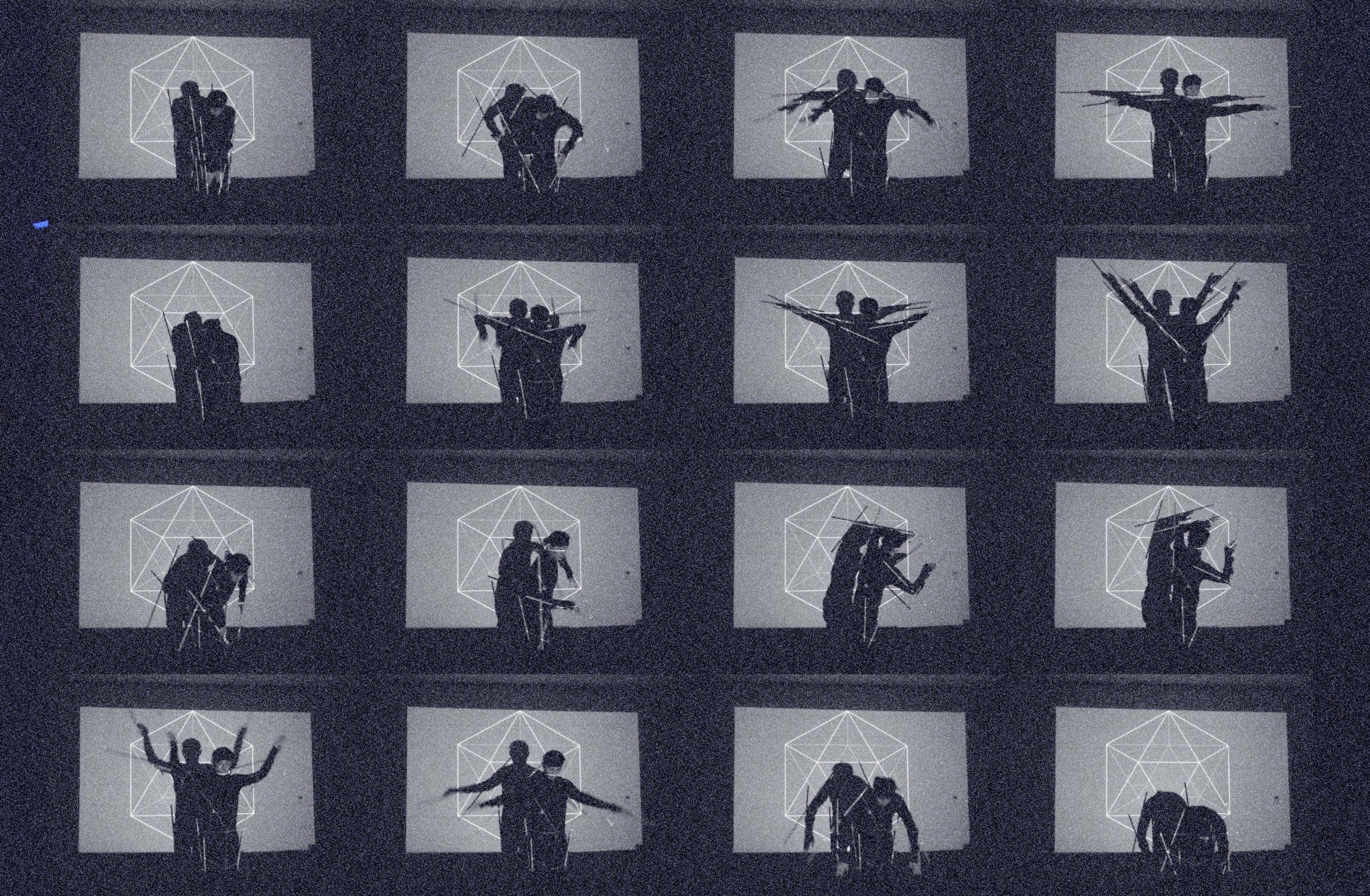
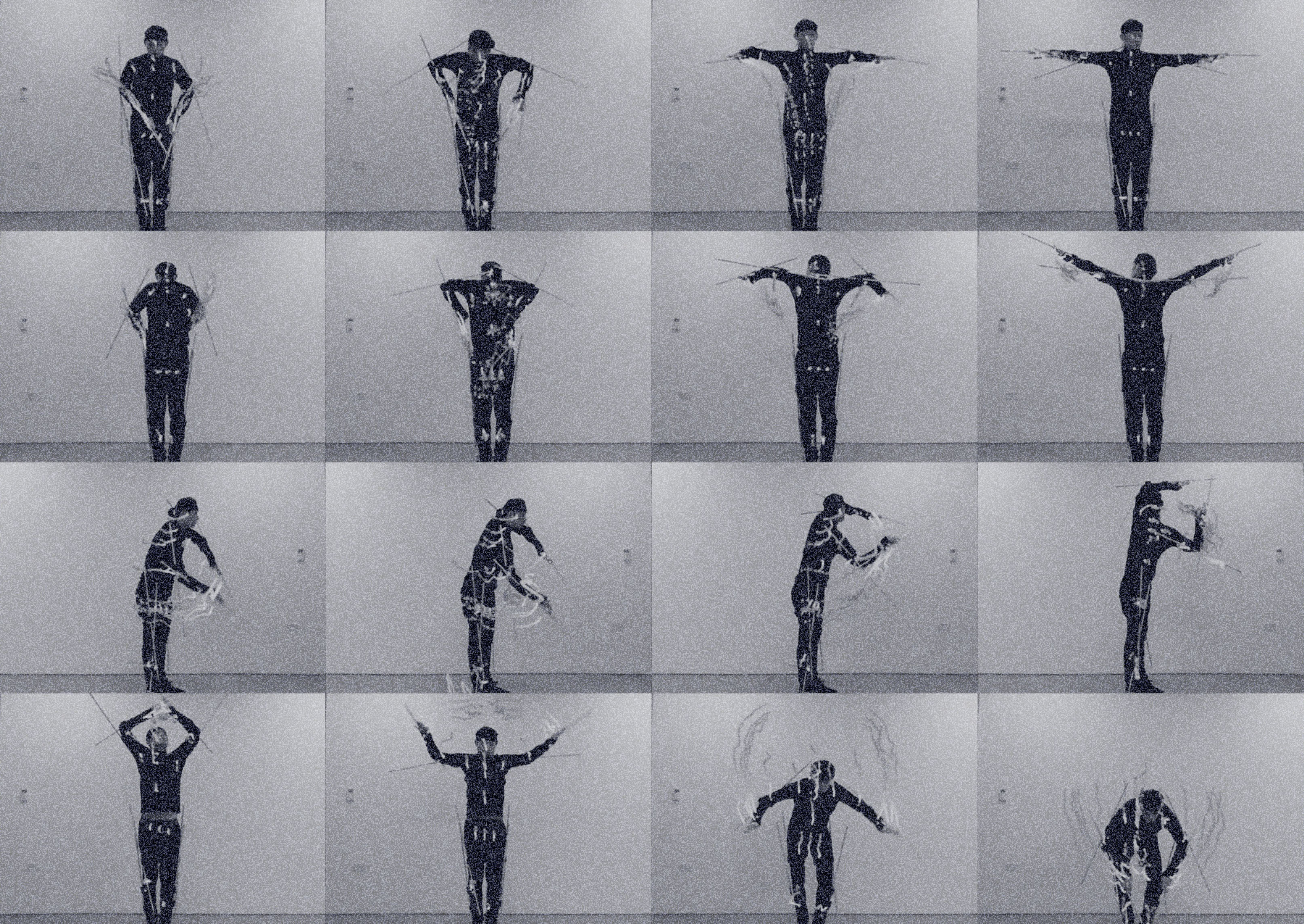

Creation ︎︎︎ Expression
How can designers begin to talk about the body in a granular way?
How do designers document gesture-based creations?
Can we add this body rhythm to the typography?
How can we use code to prototype the spatial grid?

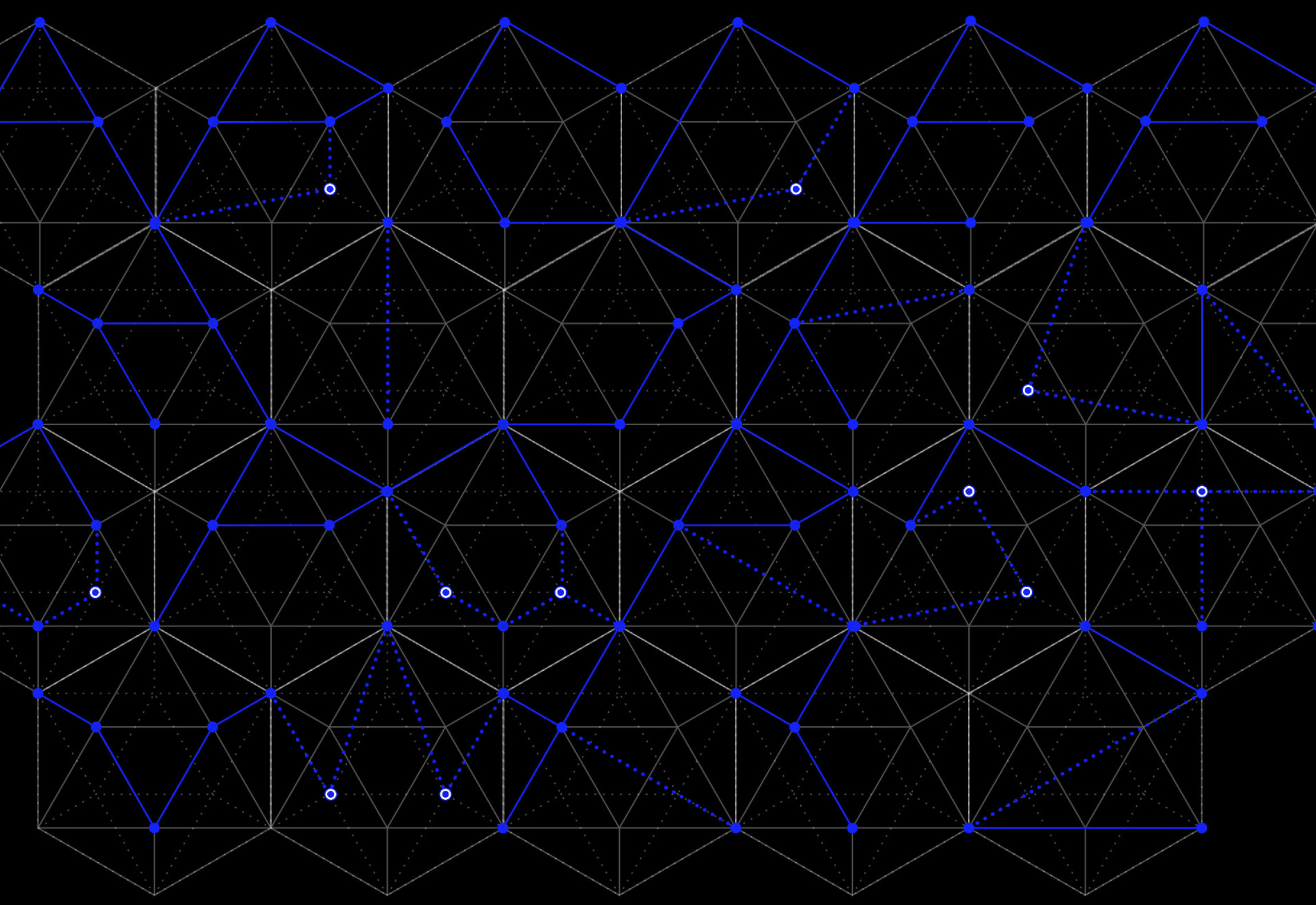

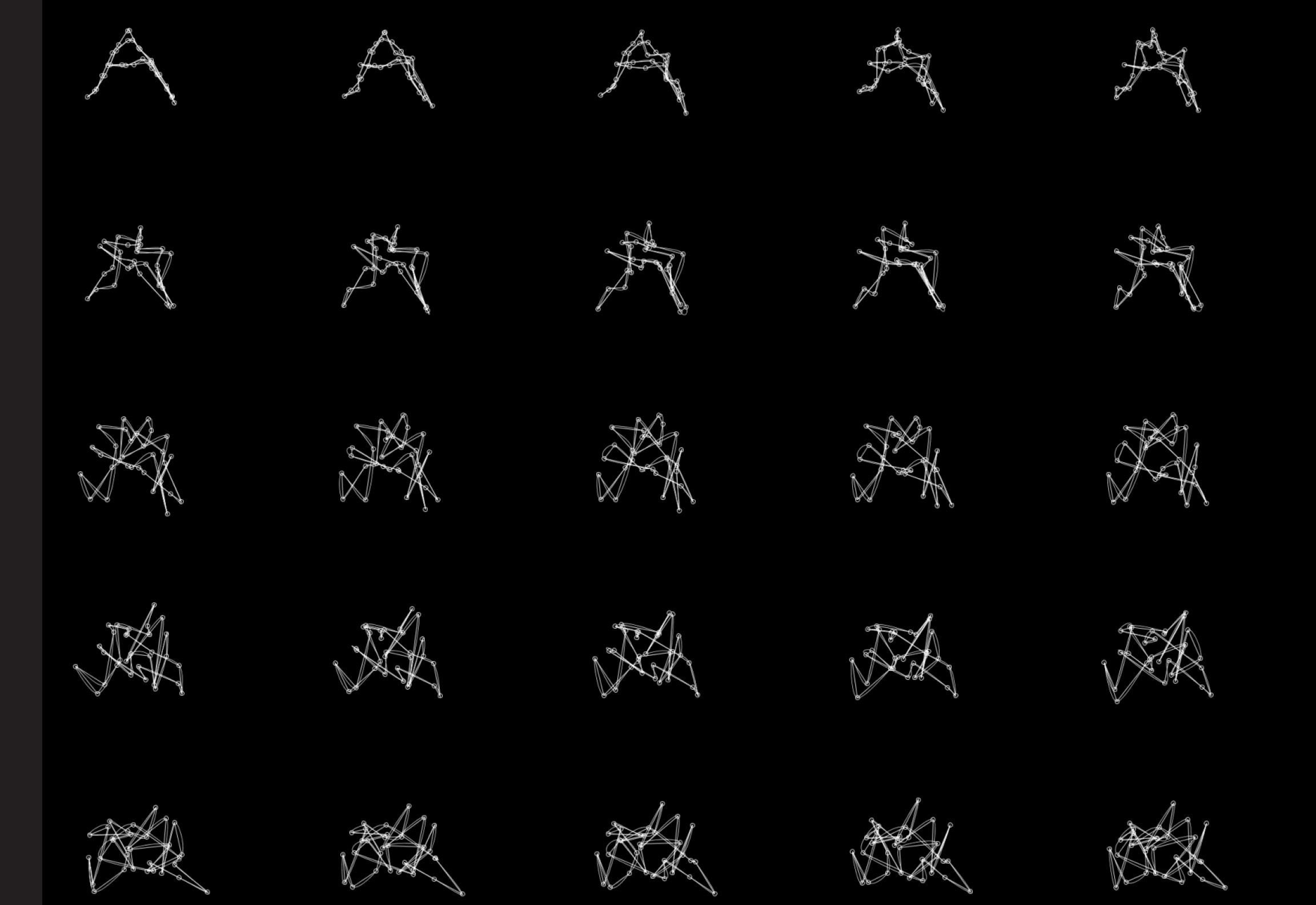
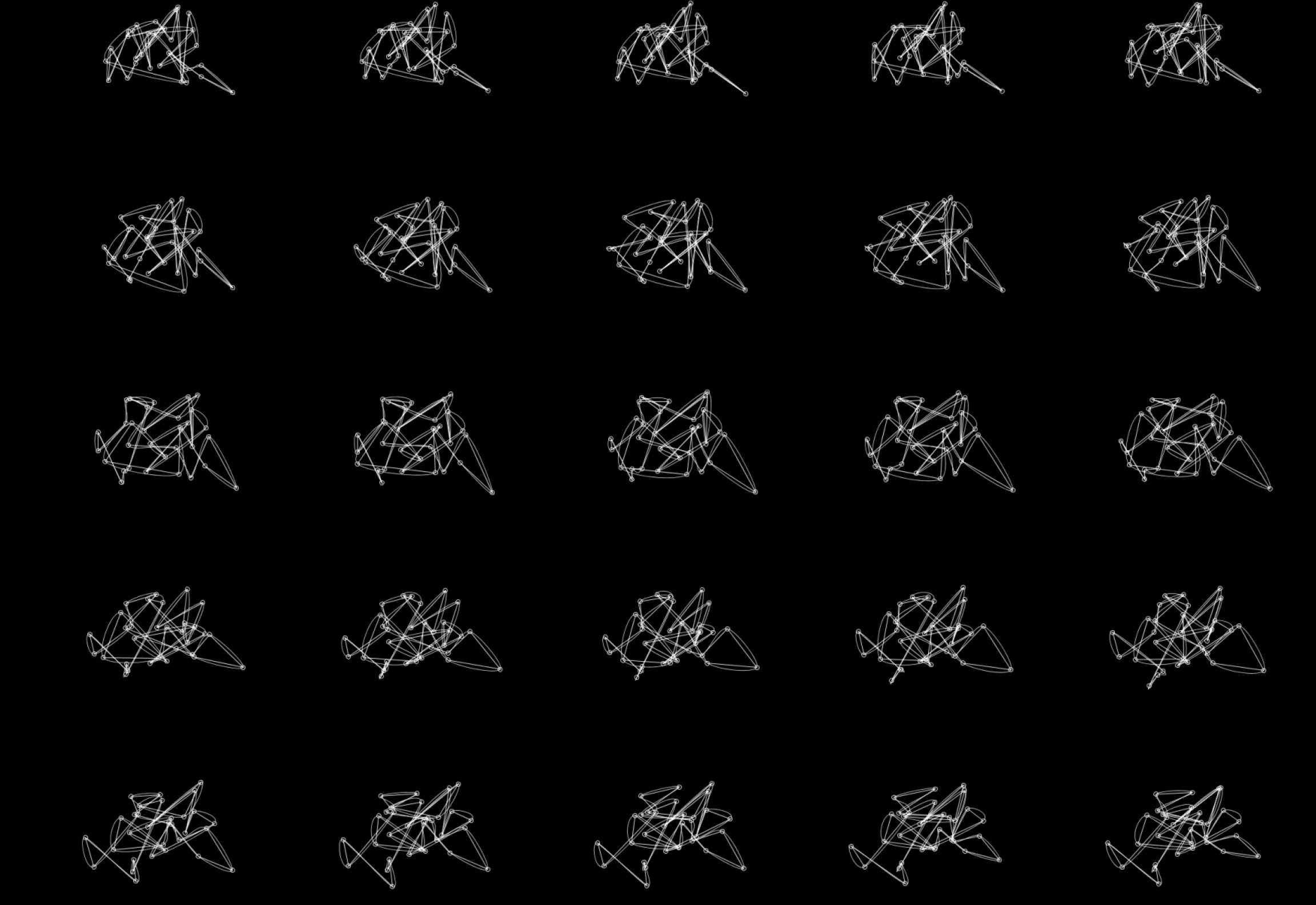
Furthermore, I prototyped the legible fonts in the grid. Processing was used to prototype the typographic system. Within the software, users can control the opacity, thickness and speed of the transition between different letterforms happening in the grid. They can also press keys to display that specific letter in the space of the grid.
︎︎︎Process book
